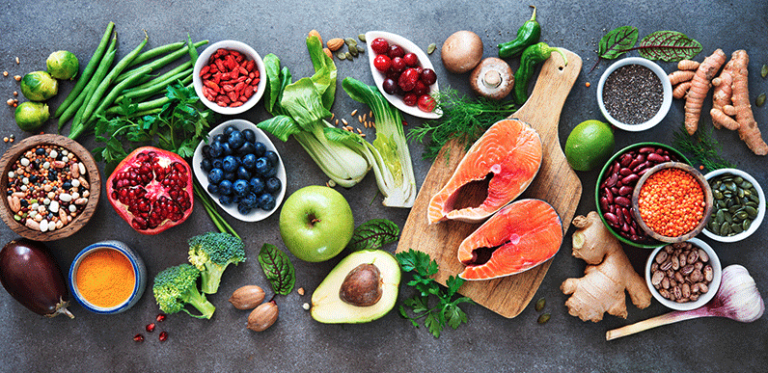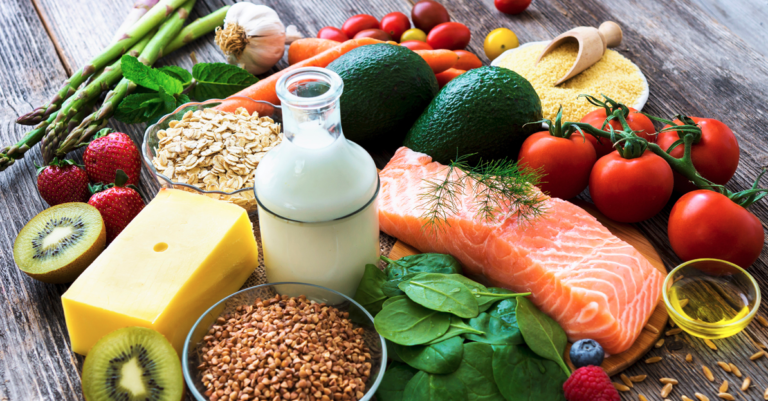CURRICULUM
Health and Social Care
Health & Social Care Curriculum Intent
Health and Social Care supports students to appreciate the importance of putting people at the heart of care, delivering tailored support to meet individual wants and needs. Our curriculum empowers students to make positive choices about health, diet and lifestyle to help them live better for longer. Students learn to respect preferences, values and priorities when involving individuals in decisions about their care. They also develop a range of communication strategies and understand the impact of personal qualities when making connections with individuals.
Click here to see where H&S can take you
Key Strands
Healthy lifestyle
Students will develop their understanding of key nutrients required for good health throughout the life stages giving them the knowledge and skills to enable them to make choices which will affect their body. They gain knowledge and understanding of the respiratory, cardiovascular and digestive body systems and research illnesses affecting them, developing their understanding of how lifestyle can contribute to disease.
Throughout the course students are introduced to the essentials of providing effective care including a consideration of the rights of individuals, values of care, hygiene, safety and security measures that should be used when working in a health, social care or early years environment. Studying Health and Social Care instils in students the importance of valuing individuals and ensuring that needs are met.
Providing effective care
Practical skills
Throughout the course students apply theory delivered in lessons to a range of practical tasks. They will be assessed on their effective communication skills, food preparation and hygiene skills and their ability to record measures of health including pulse rate and BMI.
Students develop their independent research skills to enable understanding of a range of health related issues. They learn to collect ,select and record information from a range of sources and interpret data.
Research
Year 10
Principles of care in health and Social care settings
Students will start with the compulsory exam unit where they will develop their awareness of the range of health and social care settings. Students are introduced to the 5 rights of confidentiality, choice, consultation, equal and fair treatment and protection from abuse and harm. Students develop an understanding of how the rights can be maintained. Students them move on to person-centred values including independence, dignity, privacy, respect and how they are applied by service providers. They will discover the importance of the qualities which are essential to providing effective care known as the 6 cs. The potential benefits of applying the values and 6 cs are explored and the negative effects if they are not applied.
Skills -
Students are working on:
Describing ways that care practitioners put the 5 rights and values of care into practice.
Explaining the importance of maintaining individual rights and applying the values of care.
Supporting individuals through life events
Students move on to the compulsory coursework unit which will be completed in Year 10. They will investigate the key milestones of growth and development across the life stages. They will investigate the range of factors that affect growth and development including physical, social, economic and cultural. Students consider the range of expected and unexpected life events that impact on individuals and the diverse ways that individuals are affected. The focus then is on looking at sources of support that meet individual needs including formal sources such as hospitals, informal sources including family and charities such as Age UK.
Skills
Students are working on:
Researching milestone and patterns of development across the life stages and the range of factors that may affect development.
Identifying the range of life events that affect individuals and describing how they are affected.
Applying knowledge gained from the unit to complete the coursework tasks.
Non Examined Assessment
Students complete 3 compulsory tasks:
• Growth and Development through a life stages
• Life events and sources of support for individuals
• Research and recommend support to meet individual needs
Skills
Students are working on:
Applying the knowledge and skills developed to a real life scenario
Year 11

Nutritional needs across the life stages
Students discover the nutritional requirement of the different life stages, focusing on the sources and functions of the nutrients required for good health. They study government guidelines and develop their understanding of how they can be used to create healthy eating plans.
Skills -
Students are working on:
Researching the nutritional requirements across the life stages, showing understanding of how needs change due to the aging process and gestation.


Factors influencing diet
Students are introduced to the range of factors that influence food choices. They develop an awareness of cultural restrictions on diet and investigate specific conditions that are influenced by diet. They create a meal plan that meets the needs of an individual with a specific dietary requirement.
Skills
Students are working on:
Carrying out independent research into the factors affecting diet.
Applying knowledge of dietary conditions and nutritional requirements to create a weekly meal plan for an individual with a diet related condition.


Dietary plans
Part of this unit involves students selecting 2 dishes to prepare for an individual with a specific dietary need. The dishes are analysed making reference to government initiatives and how they meet the nutritional requirements of the individual.
Skills
Students are working on:
Evaluating their skills when carrying out the practical assessment.
Using knowledge of nutrition to select 2 dishes that are suitable for an individual with a diet related condition.
Analysing how the meal meets the nutritional needs of an individual.

The Cardiovascular system
This unit focuses on the structure and function of the cardiovascular system. Students develop their knowledge of the main components of the system including the four chambers of the heart, veins, arteries and capillaries. They investigate a disease of this system; heart attack. They study the symptoms and causes of the condition and highlight the range of tests carried out in its’ diagnosis.
Skills
Students are working on:
Carrying out independent research into the structure and function of the cardiovascular system.
Using knowledge of the system structure to understand how it links to functionality.
Describing symptoms of a heart attack and the methods of diagnosis.
The Respiratory system
Students develop their understanding of the structure and function of the respiratory system, focusing on the main components such as trachea, lungs, diaphragm and alveoli. They find out about the symptoms and causes of pneumonia which is one disorder of this system and research the range of tests carried out in its’ diagnosis.
Skills
Students are working on:
Carrying out independent research into the structure and function of the respiratory system.
Using knowledge of the system structure to understand how it links to functionality.
Describing symptoms of a pneumonia and the methods of diagnosis.
The Digestive system
Students are introduced to the main components of the digestive system including the oesophagus, stomach, small and large intestine. They discover how these structures work together in the breakdown of food. Irritable Bowel Syndrome is the disorder that is focused on for this unit and students develop their awareness of the symptoms and methods of diagnosis.
Skills
Students are working on:
Carrying out independent research into the structure and function of the respiratory system.
Using knowledge of the system structure to understand how it links to functionality.
Describing symptoms of a pneumonia and the methods of diagnosis.
Measures of health
Students will be using their practical skills to take a range of health measures linked the 3 body systems studied earlier in the unit. They will develop their knowledge of how to calculate BMI, take a pulse rate and use a peak flow meter.
Skills
Interpreting data obtained from measuring body rates, linking to the functioning of healthy body systems
